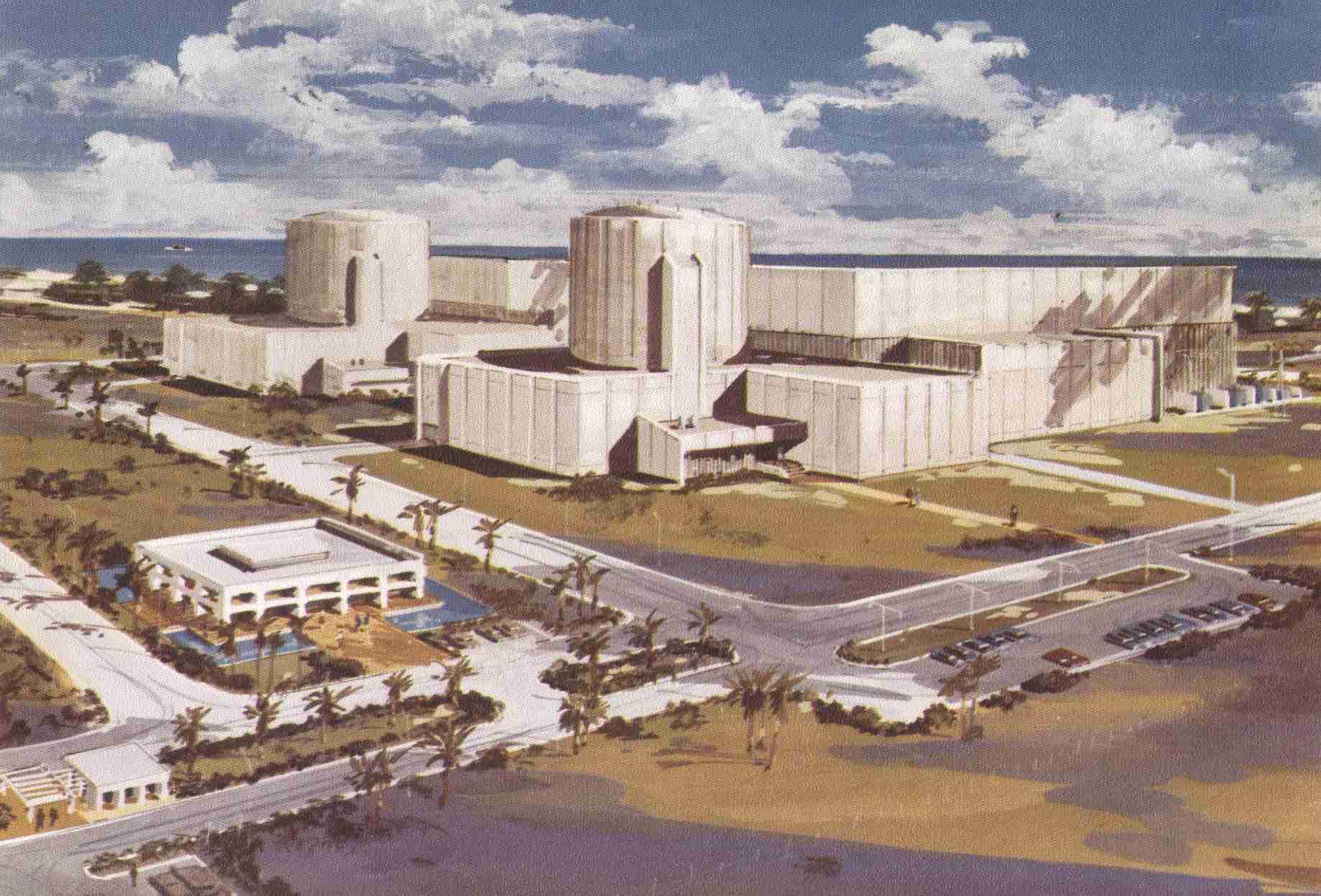By Alaa Abdel Wanis
Egypt’s President Abdel Fattah al–Sisi signed a deal -with Russia’s Rosatom State Nuclear Energy Corporation- to build Al-Dabaa nuclear power plant project in Egypt.
The Russian company presented the best terms to build the project, beating offers from other countries like Frane and China.
The deal with the Russian company includes building four nuclear reactors to produce 4.800MW -of eight reactors in total- which means each reactor will have the capacity of 1.200MW of electricity.
Project’s feasibility
Dr MedhatYoussef, an oil expert ssured that Al-Daba is Egypt’s most significant project and it can be considered “the first national project” because it depends on nuclear energy rather than fossil fuels like petrol, gas and coal.
Youssef added that the only difficulty nuclear power plants present is their high-cost expenses, ranging between $10 to 12bn each.
He also pointed out that the project’s outcomes would be sensed 4 years after its deployment, as it will only provide 5 to 6 per cent of Egypt’s needs.
Challenges in implementation
The main challenge of Al-Dabaa project is the amount of time required to build one nuclear station (8-9 years). Other obstacles are the need for experts, and high level trained workers, in addition to the sophisticated safety and maintenance measures.
Pros of the project
The most salient benefits of the deal with the Russian company included providing insurance and protection of the country from any possible threats.
The Egyptian Minister of Electricity and Renewable Resources, Dr Mohamed Shaker, announced earlier that the Russian company’s offer is unprecedented, and involves protection against internal and external impacts.”The station can endure explosions of 30 kilos pascal/sec-equivalent to the strength of a crashing plane weighing more than 400 tons, with speed of 540 km/h,” Shaker added.
According to a source at the Ministry of Electricity,the Al-Dabaa site has been studied well by Egyptian, Russian and international experts, before starting to throw the project’s foundations.
It is noteworthy that the Russian company also introduced some facilities like paying for the project’s expenses throughout 35 years from its initiative. President El-Sisi declared earlier that the costs of the project will be obtained through its profits, and not through the country’s general budget.
Youssef also stated that another advantage of the project was to diversify Egypt’s power sources. In addition,with such project, Egypt would not solely depend on the volatile oil prices.
Another advantage is the low cost of the project’s maintenance, compared to the complicated finances of traditional power generating stations. The project will contribute to the decline in gas emissions, which are typically produced while generating electricity from fossil fuels.
Regarding the project’s ability to solve power outages in Egypt, some experts confirmed that Al-Dabaa project will contribute in solving this problem. They added that the project is one of the pillars of electric power providers in Egypt; other power sources include natural gas and coal power generating stations.
It is noteworthy that many of the power generating stations are unfortunately expired, they must be replaced by new highly efficient multi-source stations, putting into consideration that nuclear power stations have a long life span -35 years- while the traditional power generating stations’ life span limited to only 15 years.
Youssef assured to the MEO that Egypt will depend on natural gas during the upcoming period, till the launching of the nuclear power stations -9 years later- as well as coal stations in 4 years.
Opportunities and dangers
Al-Dabaa station will provide approximately 1200 job opportunities in the fields of engineering, mechanic and administration. The uses of nuclear power extend to medicine, sterilization, diagnosis, agriculture and industry. On the other hand, the dangers and risks of this kind of power lie within radiation leakage such as what happened with the Chernobyl radiator that killed thousands of people, in addition to the difficulty of getting rid of the nuclear waste.


